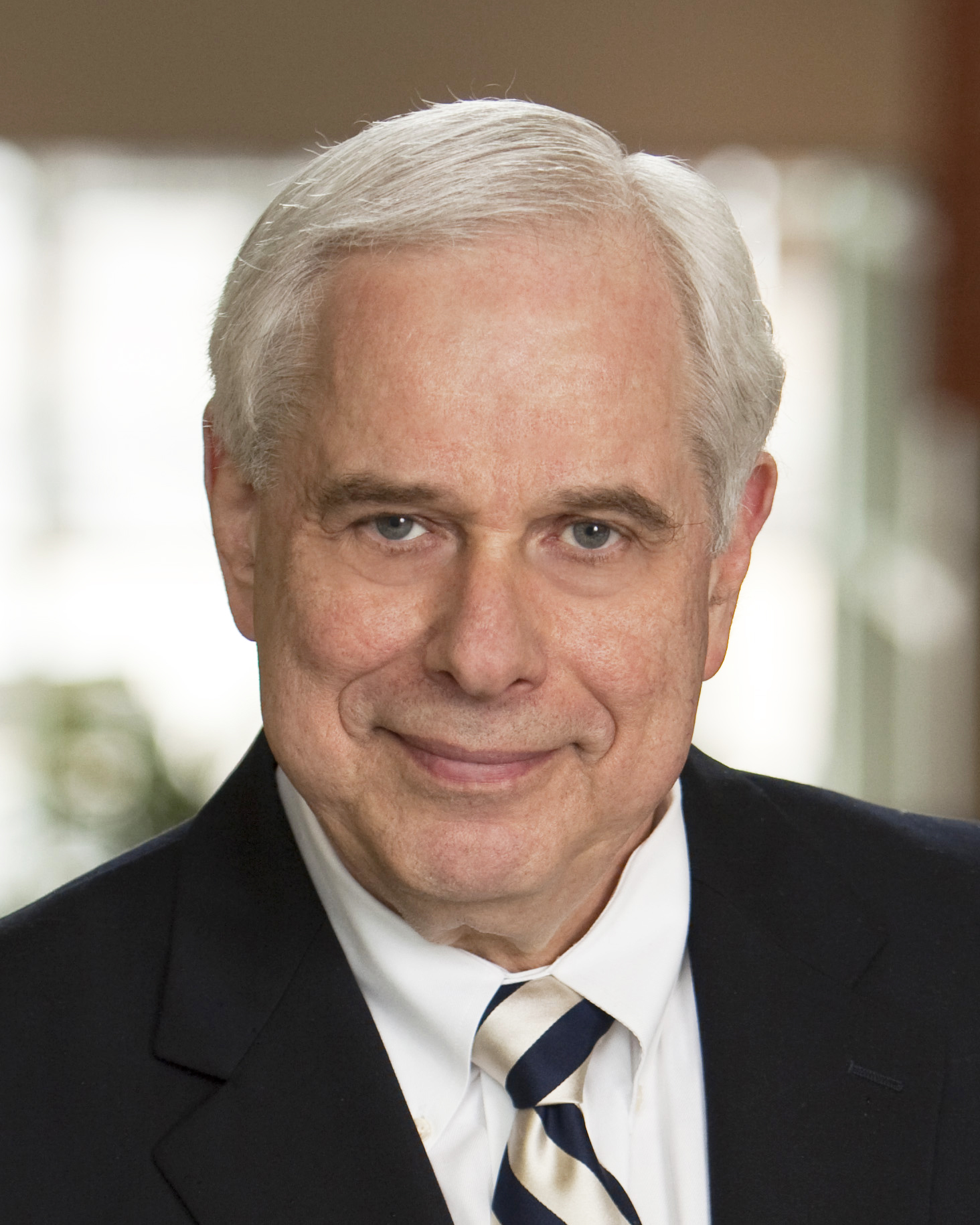
Yale School of Medicine
In December, Robert Sherwin — a renowned Yale School of Medicine endocrinologist and a beloved mentor — retired after 44 years at the medical school.
Sherwin served as chief of endocrinology in the Department of Internal Medicine and director for both the Yale Diabetes Research Center and the Yale Center for Clinical Investigation. He retired after decades of prolific research and clinical work that paved the way for novel diabetes treatments.
“Bob Sherwin’s career has been defined by excellence, performing research that has played a critical role in improving the care of diabetic patients, and providing leadership both at Yale and nationally,” Dean of the School of Medicine Robert Alpern wrote in an email to the News. “When I formed the Yale Center for Clinical Investigation, Bob was the obvious choice as its inaugural leader based on the excellence of his clinical research, his outstanding national reputation, and the fact that he was broadly liked, trusted and respected.”
Sherwin’s work focused on diabetes, particularly how glucose fluctuations affect brain function in diabetic patients. During the course of his career, he published over 400 original research papers and received numerous scientific awards.
As he transitions into his role as an emeritus professor, Sherwin said that it is important to him that Yale’s endocrinology department remains one of the best in the country. He said that he wants to continue to help junior faculty and others within the endocrinology section.
Sherwin, described as an exceptionally kind and giving person by his colleagues, was an inspiration to those that he trained.
William Tamborlane, chief of pediatric endocrinology, trained under Sherwin as a postdoctoral fellow in 1975, and the two worked together as colleagues for over 40 years. With Sherwin’s guidance, Tamborlane created one of the first prototypes of an insulin pump that today is used by most patients with Type 1 diabetes and by some with Type 2 diabetes.
Sherwin worked with Tamborlane to refine the pump, and in 1979, the two were authors of an article published in the prestigious New England Journal of Medicine that articulated the pump’s effectiveness.
The milestone study transformed diabetes treatments, and the Yale diabetes research team currently uses a newer version of the pump as part of a fully automatic artificial pancreas system.
Ania Jastreboff GRD ’11, an assistant professor of medicine and pediatrics, said that Sherwin made an incredible impact on her professional career.
“In order to succeed in academia as a physician-scientist you really need the support of an incredible, giving, altruistic mentor,” she wrote in an email to the News. “Bob Sherwin, has been, and will always be that incredible, giving mentor for me.”
Sherwin supervised Jastreboff’s work during her first month as an endocrinology fellow training at Yale New Haven Hospital. During that month, he told Jastreboff stories of his prolific research career, which ultimately inspired her to pursue a doctorate at Yale. Jastreboff focused on the neurobiology of obesity, with Sherwin as her mentor.
“I came to Yale 12 years ago to become a clinical endocrinologist with a focus in obesity and diabetes, but Bob really inspired me to become a physician-scientist.” Jastreboff said.
For over a decade, Jastreboff and Sherwin met every Tuesday afternoon — often for two or three hours at a time. For Jastreboff, Sherwin was a source of wisdom and guidance as she embarked on her research career. The two would often spend hours poring over grant applications, scientific presentations and manuscript drafts. They focused not only on refining the broader scientific ideas posed in these works, but they also zeroed in on minute details until “every sentence, every word, every punctuation mark [was] just right,” Jastreboff said.
She said she will be eternally grateful for Sherwin’s unparalleled mentoring, which successfully laid the foundation for her career in clinical and translational obesity research.
“I would not be [a] physician-scientist had it not been for Bob,” Jastreboff said. “I stayed at Yale because of him.”
Janice Hwang, an assistant professor of medicine at the medical school, was one of Sherwin’s last trainees before he retired. Hwang worked with Sherwin to understand how sugar enters the brain and how obesity and diabetes affect this transport. Sherwin, she said, was “an unparalleled mentor in terms of generosity, kindness and sheer breadth of scientific knowledge.”
“He never forgot the North Star, which was to help patients,” Hwang said. “All of the research that we did, it always came back to that primary goal.”
As he enters retirement, Sherwin said that he plans to paint and spend more time with his family.
He first joined the medical school in 1972.
Marisa Peryer | marisa.peryer@yale.edu







